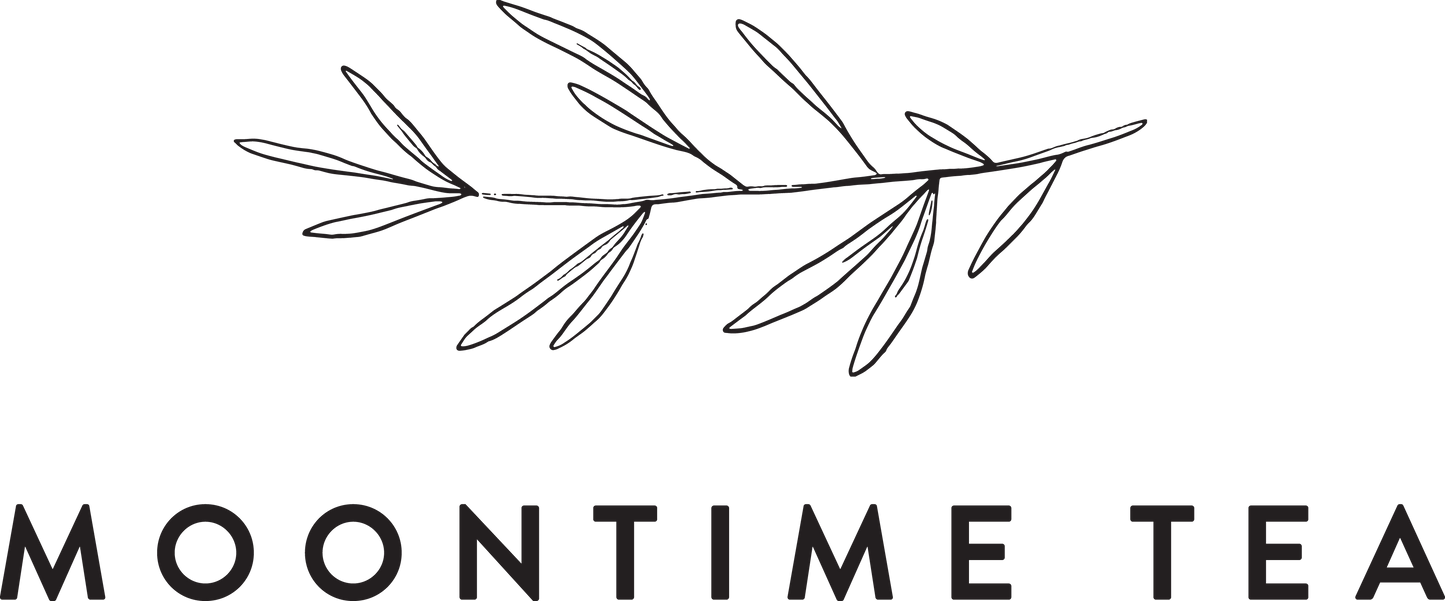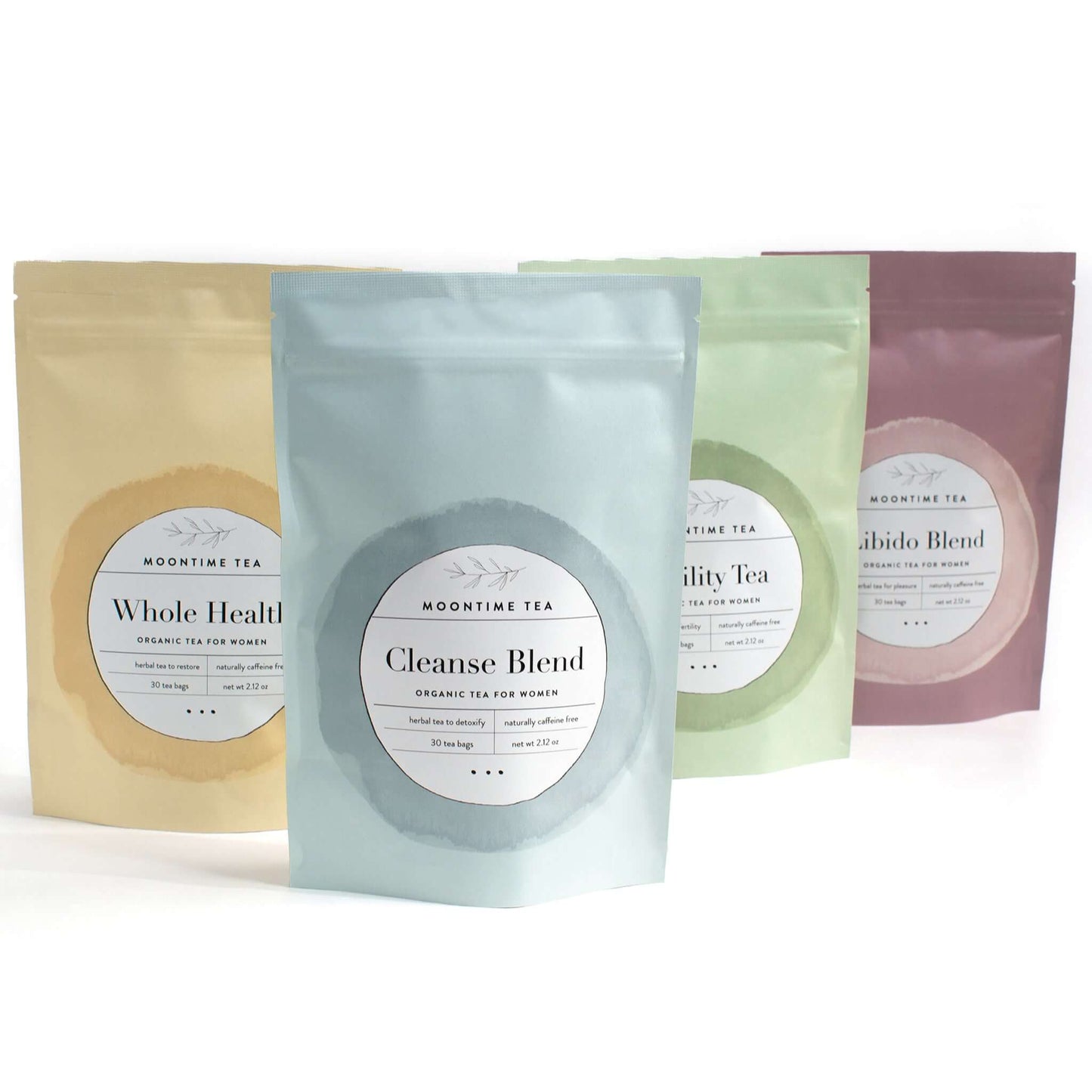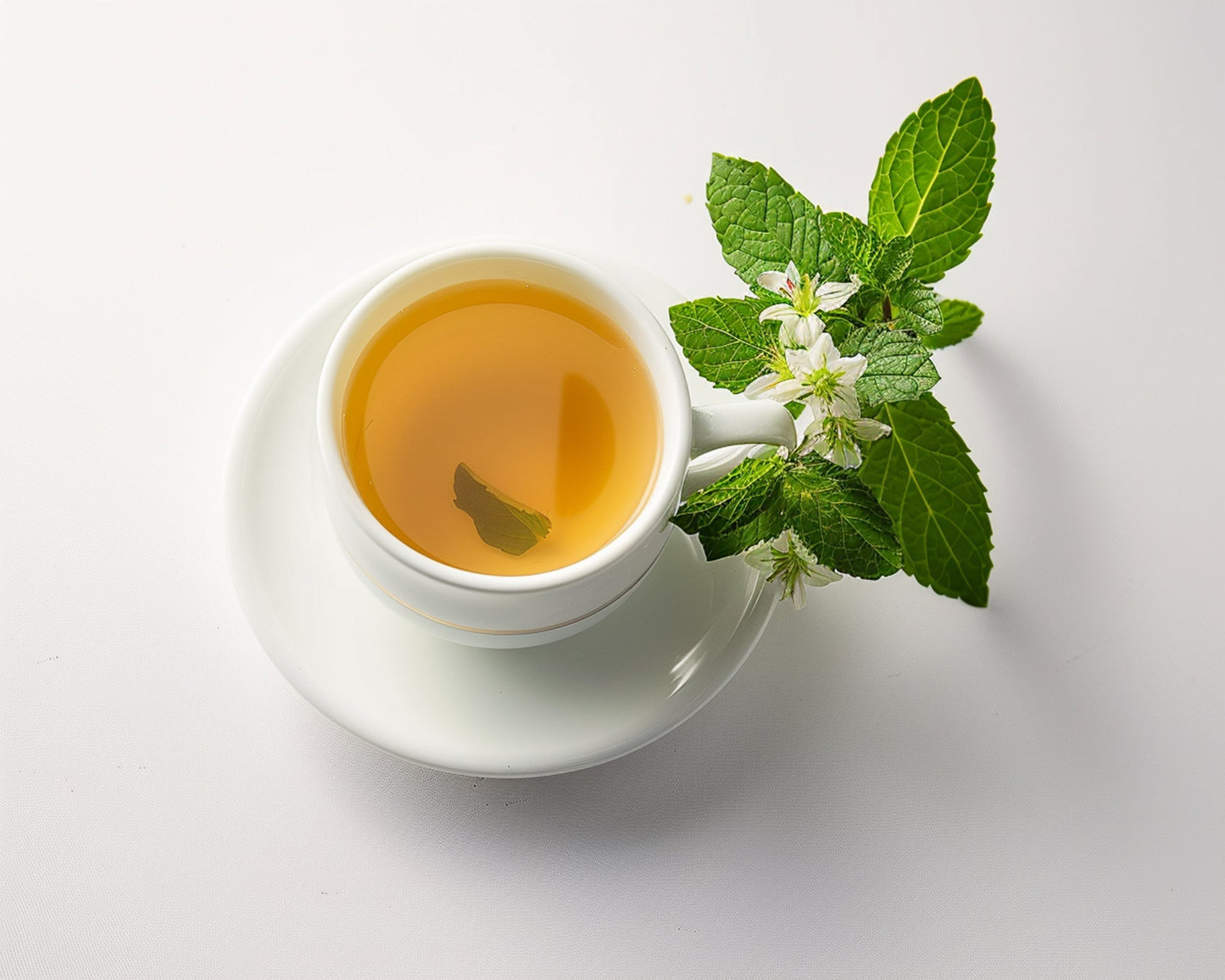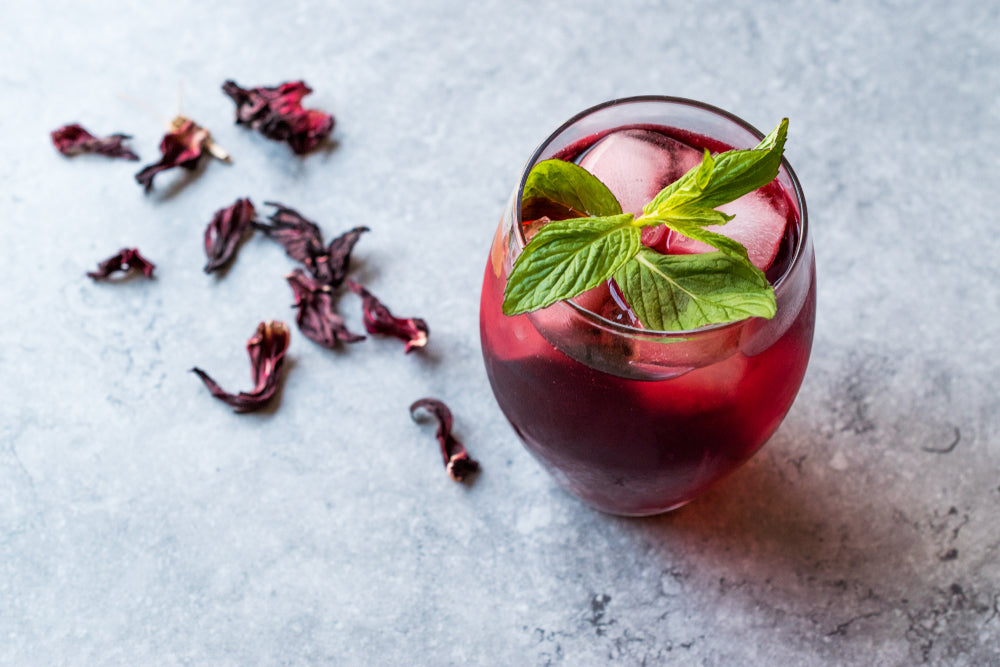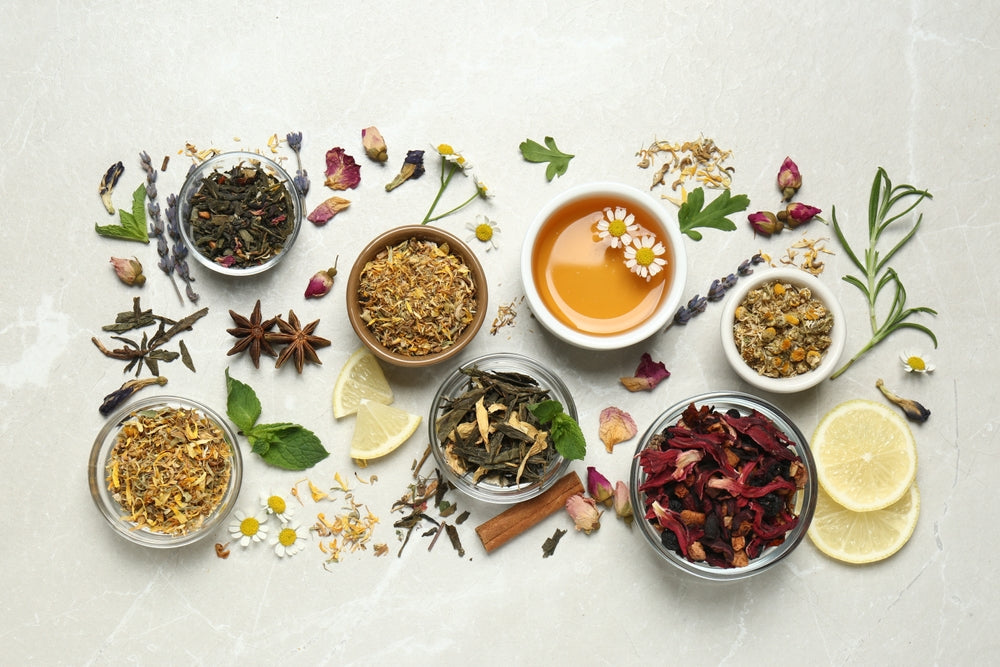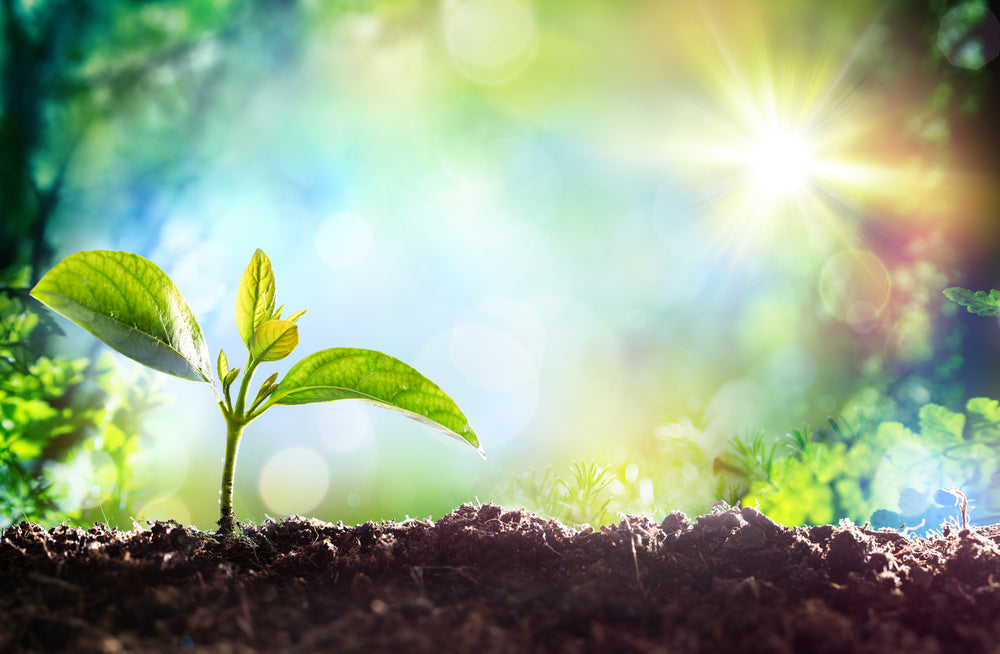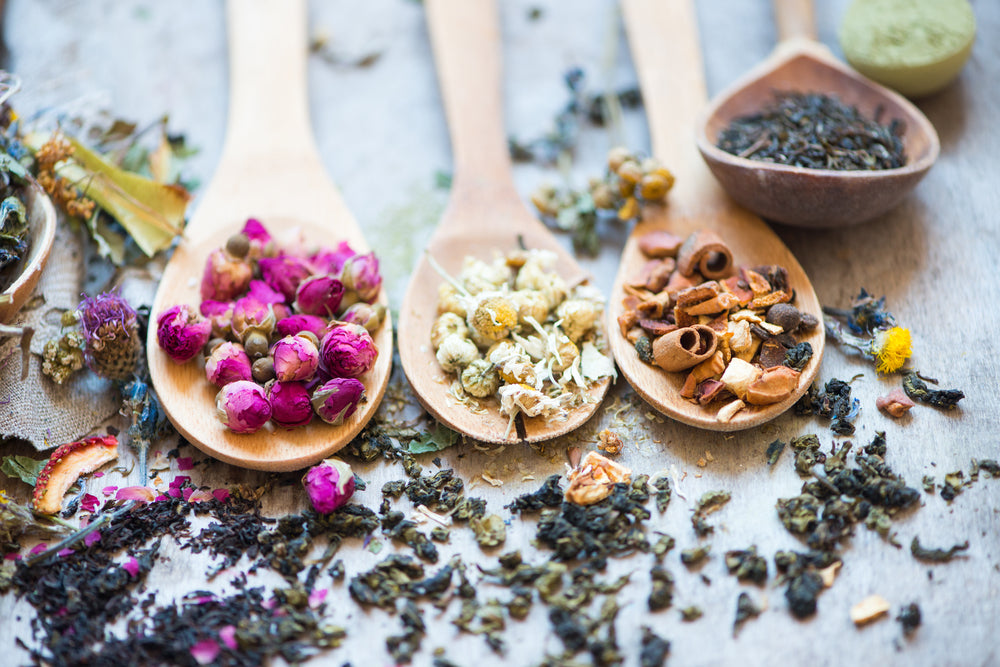
The use of herbal tea for women dates back centuries, with many traditional remedies using herbs to address common complaints and symptoms of women’s health. Herbal teas for women, come in a wide variety of delicious flavors and blends. They can be enjoyed at any time of day as they are caffeine free.
Beyond the amazing taste, organic tea may be beneficial for women’s health for the following three reasons:
Introduction:
The use of herbal tea for women dates back centuries, with many traditional remedies using herbs to address common complaints and symptoms of women’s health. Herbal teas for women, come in a wide variety of delicious flavors and blends. They can be enjoyed at any time of day as they are caffeine free.
Beyond the amazing taste, organic tea may be beneficial for women’s health for the following three reasons:
1. Organic tea contains no harmful chemicals:
According to the U.S. Centers for Disease and Control Prevention, 11% of women of reproductive age report fertility challenges. Studies have linked pesticides to “impaired fertility in women and men, reduced sperm count and quality, miscarriage, premature birth, stillbirth, birth defects, low birth weight, and developmental disorders.”
Organic tea is grown without the use of harmful synthetic pesticides, herbicides, or fertilizers. This means that women who drink organic tea are not exposed to potentially harmful chemicals that can have negative effects on their health.
2. Organic tea is rich in antioxidants:
Organic tea is rich in antioxidants, which can help to protect cells from damage caused by free radicals. Antioxidants work by neutralizing free radicals, which are unstable molecules that can damage cells and contribute to aging and disease. Free radicals are produced naturally in the body during normal metabolic processes, but they can also be produced in response to environmental stressors. Drinking tea high in antioxidants is a great way to help the body naturally balance and detoxify from the effects of environmental stressors:
Some of the best antioxidant-rich teas include:
Rooibos tea: Rooibos tea is made from the leaves of the South African rooibos plant and is naturally caffeine-free. Rooibos is rich in antioxidants, including aspalathin and quercetin, which are thought to have anti-inflammatory properties.
Hibiscus tea: Hibiscus tea is made from the dried petals of the hibiscus flower and is known for its tart flavor and bright red color. Hibiscus is high in antioxidants, including anthocyanins, which are thought to have anti-inflammatory and heart-protective effects.
Green tea: Although green tea contains caffeine, it is also high in antioxidants known as catechins, which have been shown to have a range of health benefits, including reducing inflammation and improving heart health.
Peppermint tea: Peppermint tea is naturally caffeine-free and is high in antioxidants such as rosmarinic acid and flavonoids, which have been shown to have anti-inflammatory properties.
3. Herbal teas may support hormonal balance:
Certain types of organic tea, such as red raspberry leaf tea and nettle tea, can be beneficial for women's hormonal balance. These teas contain compounds that can help to regulate the menstrual cycle, ease menstrual cramps, support reproductive health, and alleviate symptoms of perimenopause.
Herbal tea can be a better alternative than coffee during your cycle as some women report coffee consumption can worsen symptoms associated with menstruation, such as cramps, bloating, and mood swings.
A 2010 study published in the American Journal of Obstetrics and Gynecology found that women who consumed more than 200 milligrams of caffeine per day (equivalent to about one 12-ounce cup of coffee) had a significantly higher risk of miscarriage than women who consumed less caffeine.
The American College of Obstetricians and Gynecologists recommends that pregnant women limit their caffeine intake to 200 milligrams per day or less to reduce the risk of miscarriage and other complications. This is equivalent to about one 12-ounce cup of coffee. However, it's important to note that some women may be more sensitive to caffeine than others, and may need to limit their intake further.
Conclusion
Organic herbal teas have a wonderful list of benefits from supporting reproductive health, to reducing pesticide exposure and supplying the necessary antioxidants to reduce free radicals in the body. Herbal teas are particularly beneficial for women who love warm drinks like coffee but are struggling with sleep issues, anxiety and looking to support their fertility. Many women lead busy and stressful lives, and organic tea can be a great way to promote relaxation, and unwind after a long day.
To learn more about our herbal teas for women at every stage of life, please check out our Hormone Balance Tea Bundle for Women.
